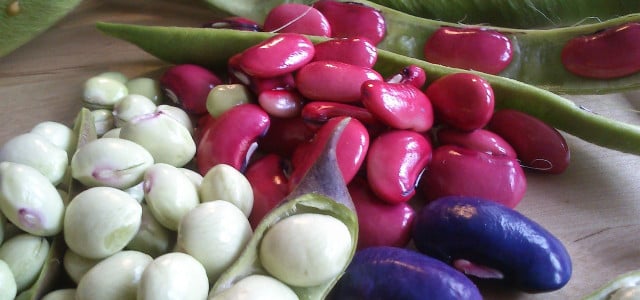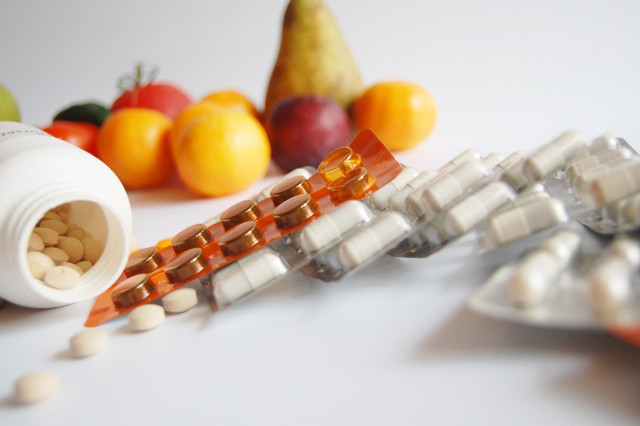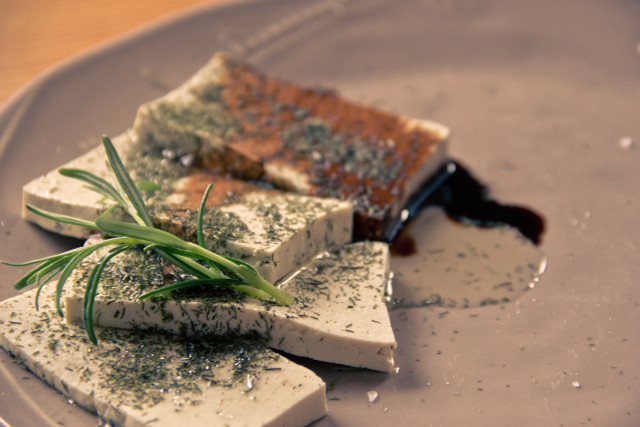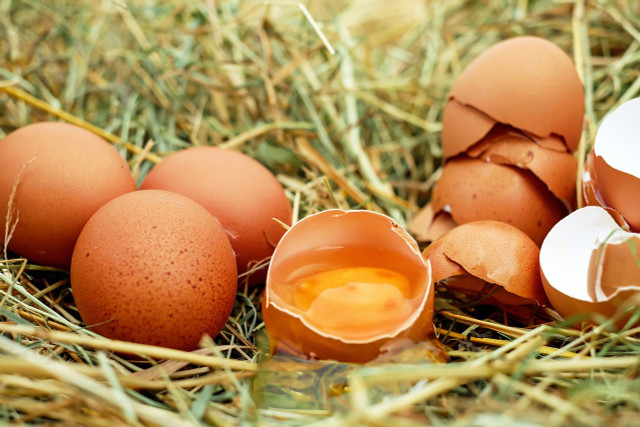
The nutrient choline is important for a wide variety of processes in the body. Here you can find out what these are and how you can also get vegan nutrition with the nutrient.
The nutrient choline is involved in many complex processes in the body. However, it is difficult to pigeonhole it: scientists are now investigating the interactions of choline and other substances in the body in order to get to the bottom of the nutrient.
One thing is certain: choline is important for healthy bodily functions and can be found not only in animal products but also in foods on a vegan diet.
Choline: A nutrient that leaves questions unanswered

(Photo: CC0 / Pixabay / Mizianitka)
A technical article by the Leibniz University of Hanover for the BZfE explains that choline was initially considered a vitamin. As vitamin B4, it belongs to the group of B vitamins. But choline doesn’t quite fit the definition of vitamins. A vitamin is a nutrient that is essential for humans. The body is dependent on the supply of vitamin-rich food in order to supply itself with vitamins. Vitamins are therefore essential nutrients that provide the building blocks for many processes in the body.
However, as research has found, this is not entirely true of choline. The human organism can produce choline itself, but not in the required amounts. This means that choline is probably similar to a vitamin, but is more of a semi-essential trace element.
But the nutrient still raises questions. Recent studies indicate that there are interactions between choline and other nutrients.
Functions in the body: This is how choline works

(Photo: CC0 / Pixabay / ha11ok)
Research now has a good understanding of what choline does in the body. The medical portal DocCheck explains that choline is chemically an ammonium compound. These compounds are important building blocks for essential amino acids that the body needs.
Choline is involved in these processes in the body, among others:
- The structure of cell membranes.
- The fat metabolism and thus ensures normal liver function.
- The production of neurotransmitter substances that transmit impulses to the nerve endings.
According to the BZfE, choline can be found in large amounts in the muscles, central nervous system and liver.
How much choline does the body need?
The body can produce choline itself from precursors. Metabolism products of folic acid and vitamin B1 and vitamin B2 are also involved in this process.
Studies therefore suspect a connection between the supply of folic acid, vitamins B1 and B2 and choline. An adequate supply of the nutrients could enable the body to produce more choline itself.
Nevertheless, the researchers see the need to take in additional choline through food.
The European Food Safety Authority (EFSA) gives the following recommendations for the additional daily requirement of choline:
- 400 milligrams for adults and adolescents 15 years and older.
- 140 to 340 milligrams for children from 1 year to 14 years.
- 160 milligrams for infants from seven months to 1 year.
- 480 milligrams for pregnant and breastfeeding women. Breast milk contains high amounts of choline. Accordingly, the need is also higher for breastfeeding women.
Many foods contain choline, so an adequate supply should be ensured. DocCheck sees the risk of a choline deficiency as more disease-related if the metabolic pathway for the nutrient is affected.
The choline supply also works with a vegan diet

(Photo: CC0 / Pixabay / 1195798)
Larger amounts of choline are found in egg yolks, meat or fish and innards such as the liver. However, you do not necessarily have to eat animal products to get your choline supply. Many plant-based foods also contain the important nutrient.
These plant foods contain choline:
-
Whole grain products such as oatmeal or quinoa
-
Nuts, such as almonds, pistachios or peanuts
-
Legumes such as chickpeas or kidney beans.
-
Soy products such as soy drinks, tofu or tempeh.
-
Brassica vegetables, such as broccoli, Brussels sprouts, or cauliflower.
-
Sunflower oil also contains smaller amounts of choline.
Incidentally, folic acid or vitamins B1 and B2 are also found in legumes, whole grain products as well as peanuts, almonds and soy products. According to the latest research, having these foods in your diet also supports the body’s own choline production.
Vegan recipe ideas with choline
Are you looking for suggestions for delicious, vegan recipes for your choline supply? You can find recipe ideas here:
- Chili sin carne
- Tofu recipes that go fast
- Brussels sprouts recipes
- Quino Patties
Read more on Techzle\.com:
- Fat-soluble and water-soluble vitamins (list): importance and differences
- Essential fatty acids: function and where most of them are
- Minerals: These are the most important nutrients in your diet